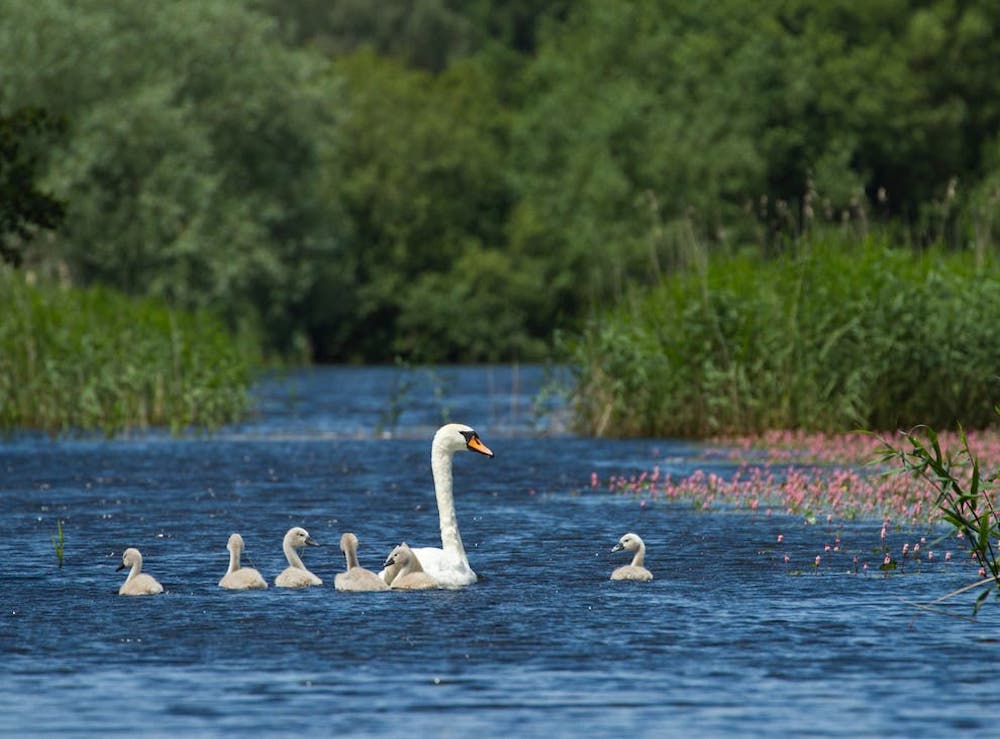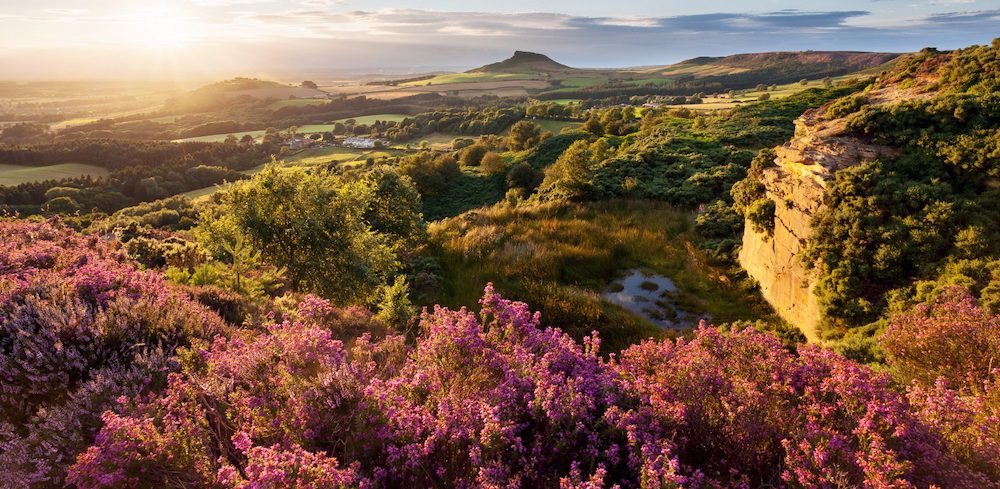According to scientists, we need to reserve around half of the planet to protect nature. This way, it will be easier to make the earth more green and liveable. Keeping this in mind, England has started working on a big conservation project with five nature recovery projects aiming to restore 99,000 hectares of land.
This green initiative includes five large-scale projects in the Cambridgeshire, West Midlands, Norfolk, Peak District, and Somerset. With the successful conversion of land into nature reserves, the government aims to increase biodiversity, extend public access to nature, and deal with the climate crisis.
Nature Recovery Projects in England
The projects will get around £2.4m of funding from the Department for the Environment Food and Rural Affairs, and Natural England. The funds will be utilized to create new habitats and manage the natural land along with carbon storage. The nature reserves will even include footpaths to connect communities to access natural landscapes.


Image: Independent
The five nature recovery projects include:
- Wendling Beck, Norfolk – It is near Dereham and the project aims to create and restore habitat across 10,000 hectares of the river valley, as well as the farmland. The project will focus more on sustainable farming practices while boosting wildlife from green-winged orchids to turtle doves into the natural habitat.
- Purple Horizons – This scheme will cover around 10,000 hectares across the West Midlands conurbation. The projects will focus on connecting and restoring fragmented heathlands, carbon storage, delivering habitat creation, and connecting communities with greener areas in Walsall.
- Somerset Wetlands – It will run across about 60,000 hectares of the Somerset Levels and Moors. This project will aim at restoring the ecological processes, reducing pollution, managing wetlands sustainably, and improving resilience to drought and floods.
- Cambridge Nature Network – The project focuses on the development of accessible and wildlife-rich habitats in and around the city. It will cover around 9,200 hectares to convert a new meadow and turn farmland into chalk grassland for new tree plantations in the city.
- Wye Valley, Peak District – It will cover approximately 10,000 hectares and the project focuses on supporting bugs and amphibians. The surveys will assess more opportunities and habitats for private investment for increasing natural habitats. Even hundreds of residents will get access to connect with nature in this reserve.
Connecting Communities With Nature
The nature recovery projects will be vast and range from working with local landowners for natural habitat creation to restoring dew ponds. They will also concentrate on improving carbon storage ways, as well as connecting fragmented wetlands and heathlands. Hence, green tourism will boost in the country. Meanwhile, the communities in the marginalized regions will have better access to nature via bridleways and expanding footpaths.
Image: Conservative Post
According to environment minister Rebecca Pow, these five nature recovery projects are the epitome of large-scale and interesting restoration. This restoration is vital to bring a step-change in nature’s recovery process in England. These projects will significantly lead to achieving the government’s target to stop the decline of species and to protect 30 percent of the land by 2030. That’s how it will enable the government to improve the condition of the environment.
Even Natural England chairperson, Tony Juniper, says that nature recovery is possible if we take action at a specific scale. Plus, good partnerships are essential for its success. With the successful completion of these five landmark projects, the country will recover habitats and species. It’s possible thanks to the collaborations with a wide range of organizations and landowners. Hopefully, this will lead to advantages for wildlife, public well-being, local economies, and changing climate.
Via: Pehal News

